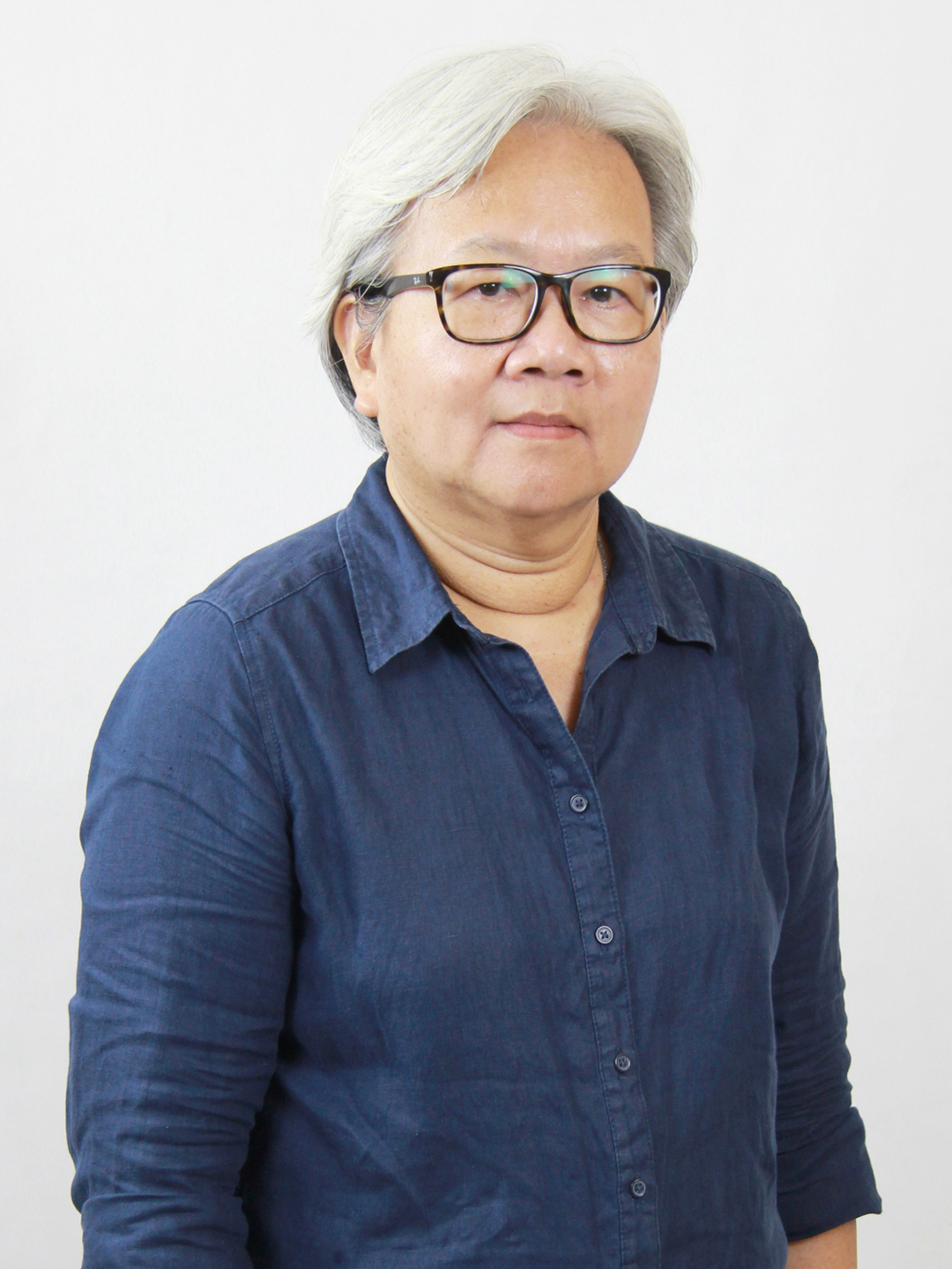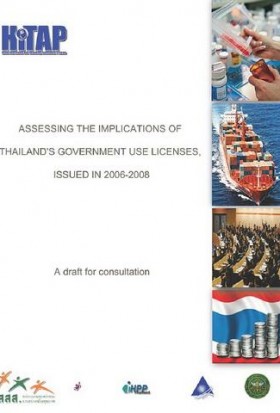This study aims to assess the impact of the compulsory licensing (CL ) policy issued by Thailand’s Ministry of Public Health during December 2006 to January 2008 on antiretroviral drugs - efavirenz and lopinavir/ritonavir combination, an oral antiplatelet agent - clopidogrel, and four anti-cancer drugs - imatinib, erlotinib, letrozole, and docetaxel. The assessment focuses on the health, economic and phychosocial implications of the policy, using a five-year time horizon. It is expected that the results from this research will be beneficial for the future use of TRIPs flexibilities, not only by the Thai government but also other national authorities wishing to enforce similar measures to broaden access to essential medicines.
Abstract/Policy brief:
When the policy of universal health coverage was adopted in Thailand in 2001, it promised greater access to healthcare for many poor Thais who would otherwise struggle to afford treatments and pharmaceuticals. The Universal Coverage scheme provided subsidized health care for the majority of the Thai population which had hitherto not been covered by a public health insurance scheme. This coverage now entitled them to full access to drugs within the National List of Essential Medicines (NLEM). The government, subsequently in 2003, also declared its commitment to provide universal access to HIV/AIDS treatment. Several policy measures were employed by the government, in its attempt to meet its commitment to ensure access to essential drugs. The national health budget was increased, to its current level of 9% of the overall national budget in 2009, having been 7.6% in 2004, and 5.8% in 1993.
Unsurprisingly, the government also sought to identify and adopt a number of cost containment measures in the face of increasing health drug expenditure, a measure not uncommon among more developed countries with public health insurance schemes. One such measure was the government’s decision to grant government use licenses for seven drugs over the period 2006-2008. The seven drugs are efavirenz (EFZ) and the lopinavir/ritonavir (LPV/r) combination (which are antiretroviral drugs); clopidogrel (for the treatment of coronary artery disease); and four anti-cancer drugs - imatinib, erlotinib, letrozole, and docetaxel. These drugs are under patent protection in Thailand, hence no generic competition exist. The government use licenses, a form of compulsory licensing by the government for the public interest, were intended to permit the import of the more affordable generic equivalents of the drugs for use in the public health system, to increase access to these drugs. Thailand’s government use of the patents on the seven drugs is an exercise of the right provided for in Section 51 of the Thai Patent Act BE 2522, which authorizes the government use of patents in the general public interest, so that “any ministry, bureau or department of the Government” may exercise the rights in any patent “to carry out any service for public consumption”.









 Reserach report: Assessing the implications of Thailand’s government use licenses, issued in 2006-2008
Reserach report: Assessing the implications of Thailand’s government use licenses, issued in 2006-2008
